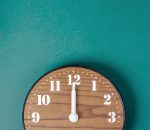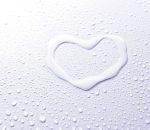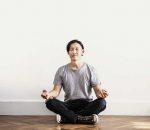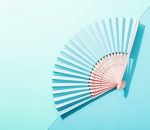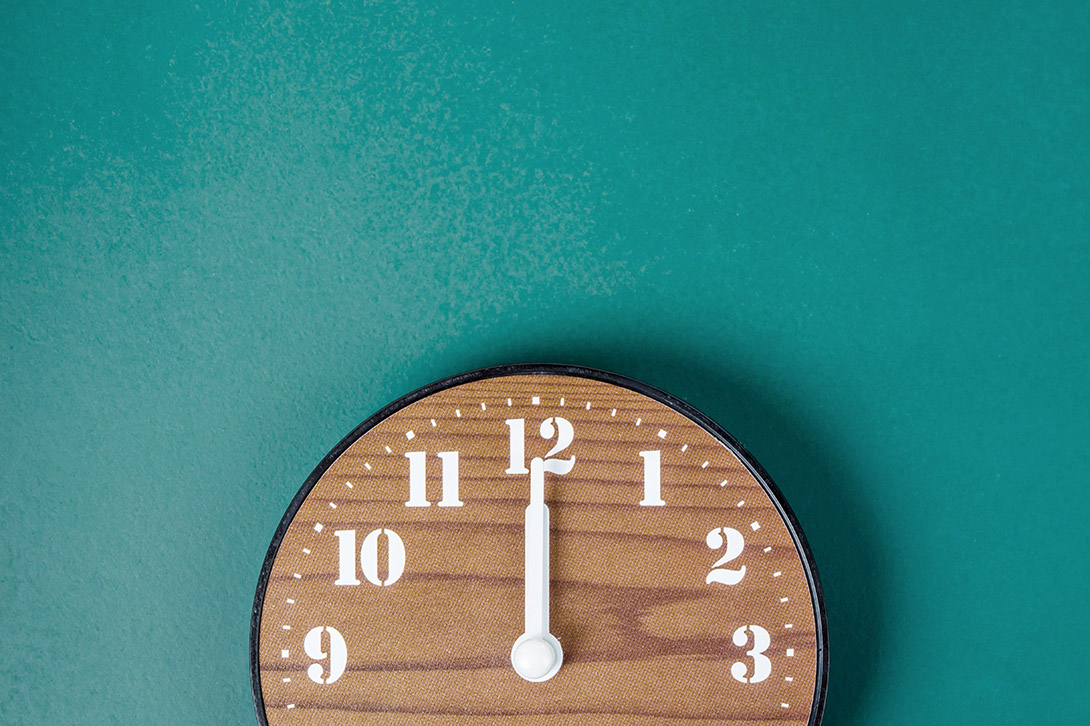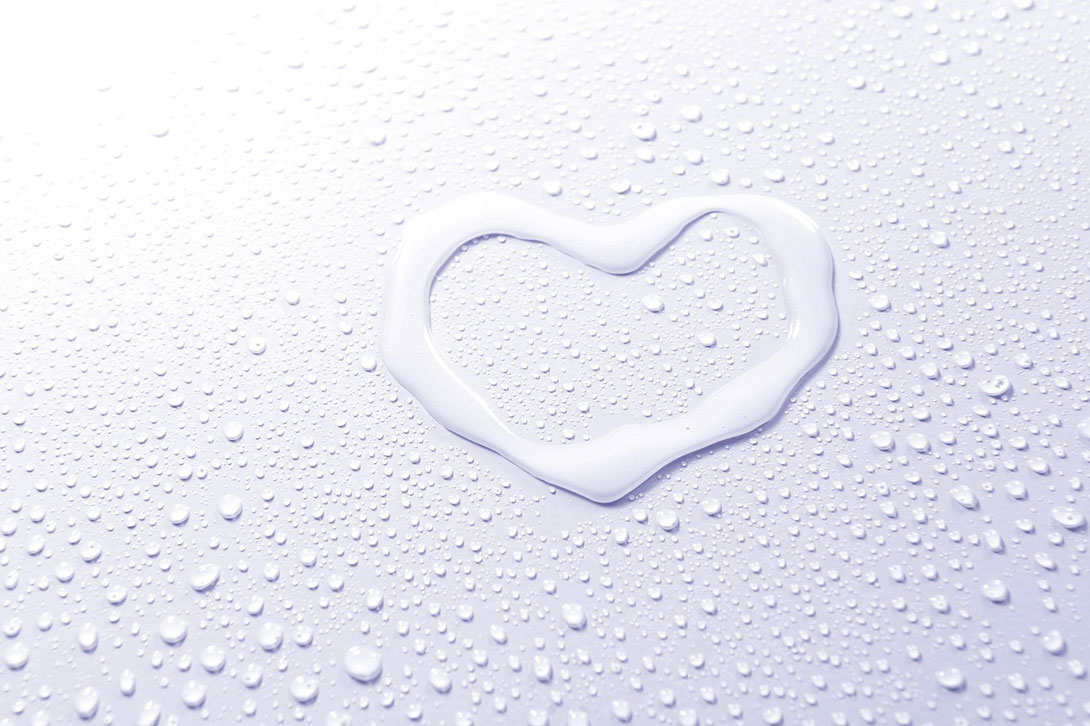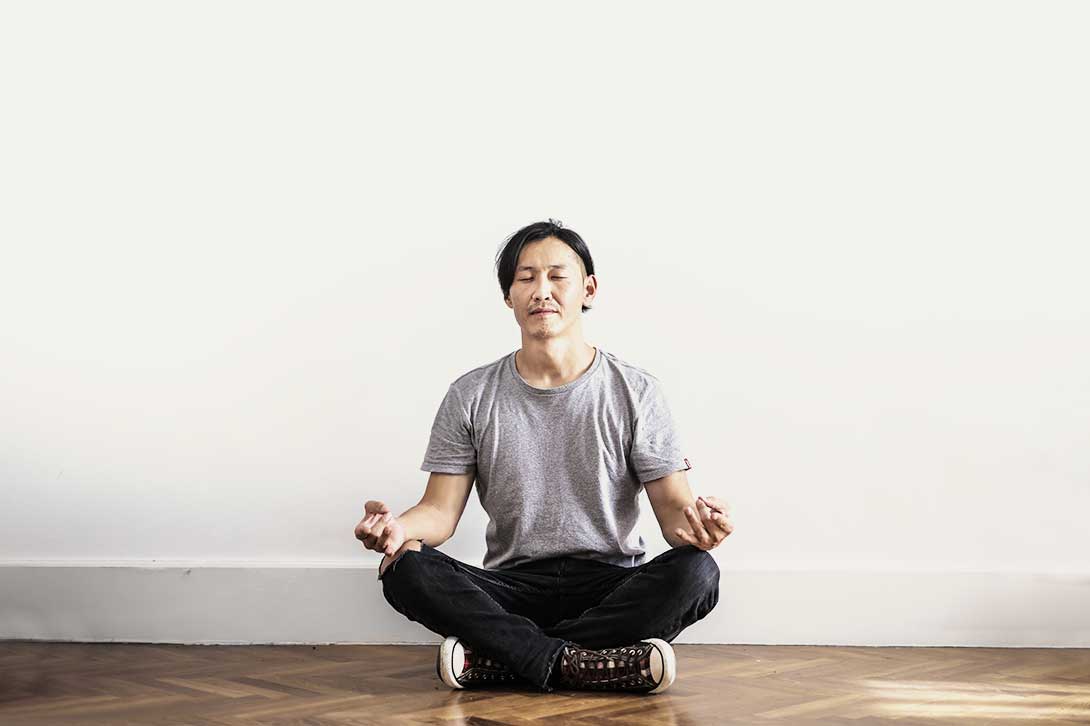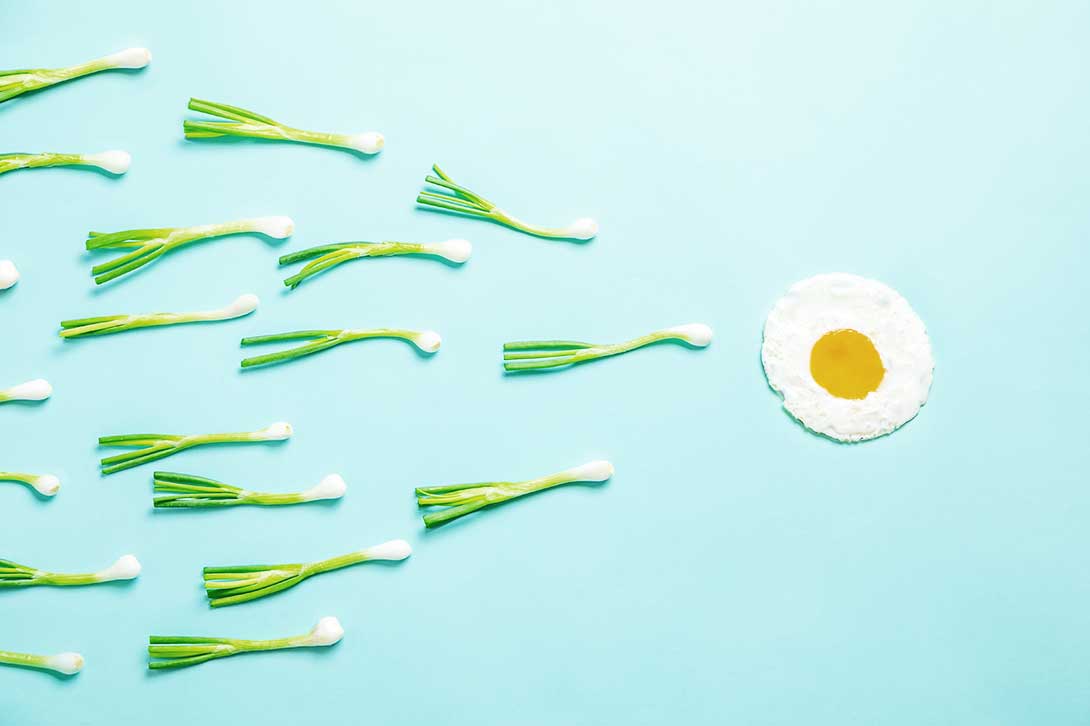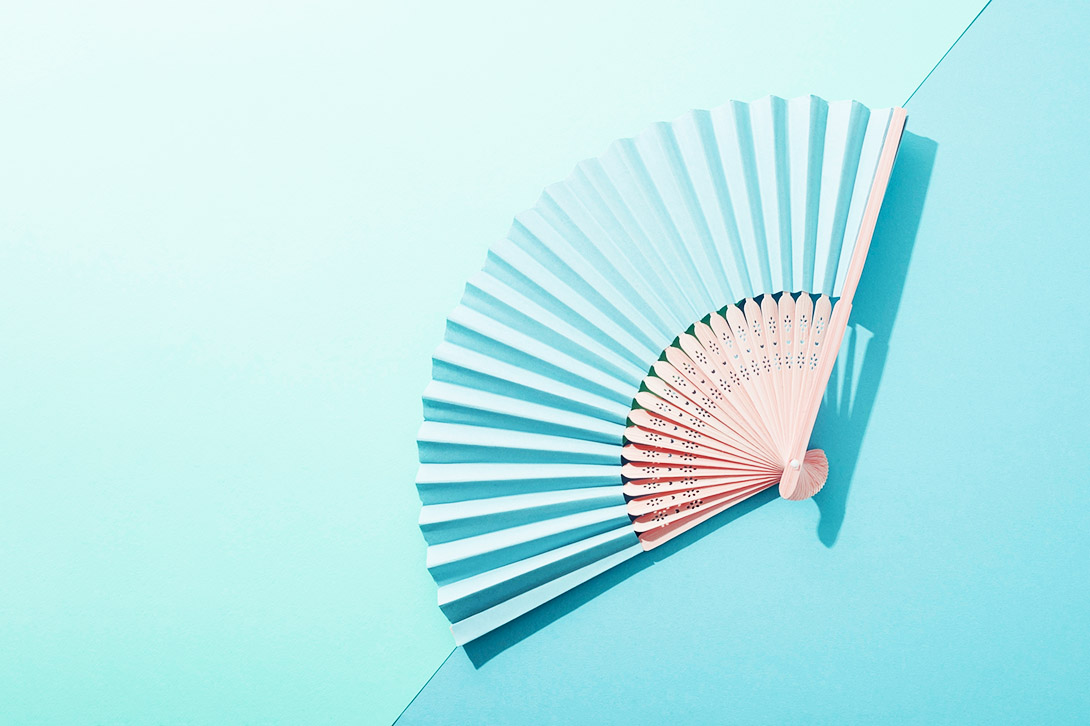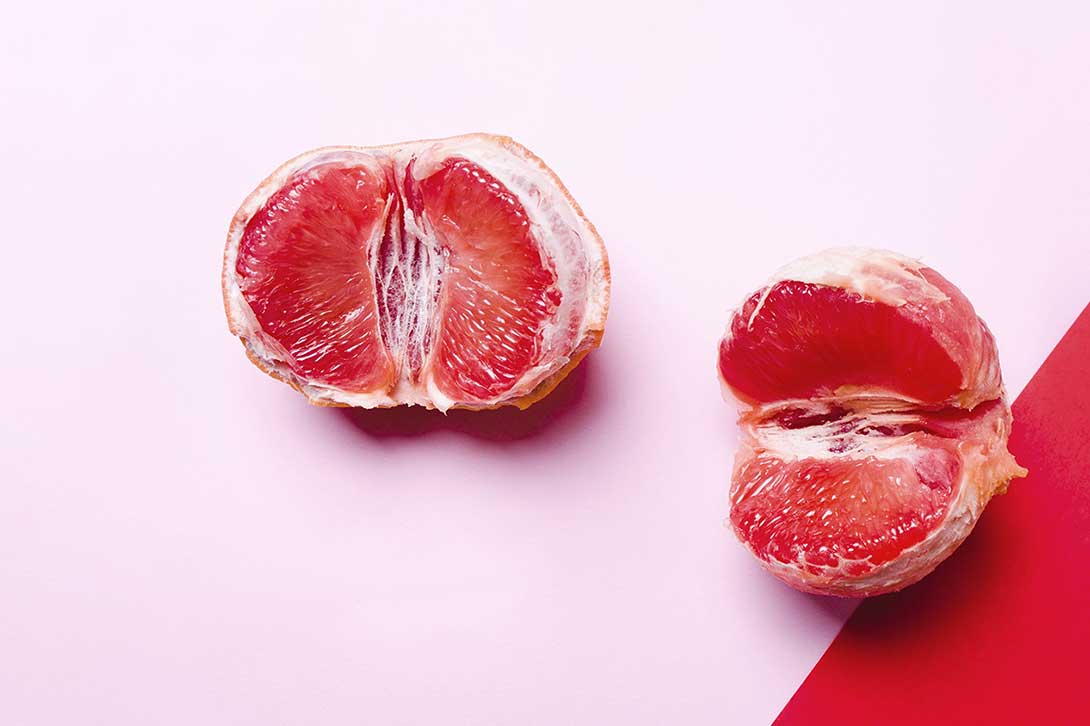iCAN
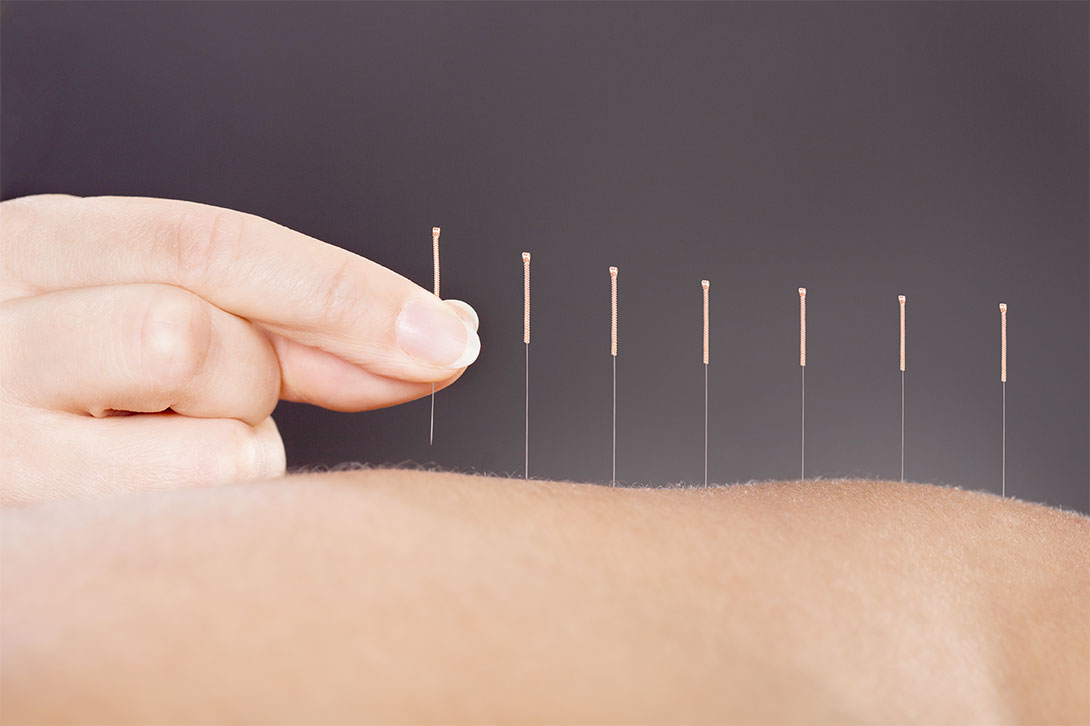
Acupuncture and treatment side effects
Over the past forty years, acupuncture has become more and more popular, evolving into one of the most used complementary treatments.
With its roots in traditional Chinese medicine, a variety of health conditions from bad backs to headaches can be treated with acupuncture. In recent years, growing research and evidence finds acupuncture may help patients to manage their cancer symptoms and the side effects of treatment.
Accredited acupuncturist Susan Gallagher cares for those with chronic and complex conditions at the Kinghorn Cancer Care Centre, part of St Vincent’s Hospital, Sydney. She has extensive knowledge and skills in the area of oncology acupuncture and herbal medicine and talks about how acupuncture has moved into the mainstream.
What is acupuncture?
Cancer Council Australia describes acupuncture as a body-based complementary therapy where very fine, and sterile needles are placed just under the skin. The needles are placed specifically to affect the nerves in the skin and muscle sending messages to the brain. The stimulated nerves then release natural chemicals in the body, such as endorphins which have the effect of relieving stress and pain.
In Western medicine terms, the mechanism of acupuncture adjusts both the neurophysiologic (nervous system function) and neurohormonal (the sympathetic nervous system) activity in the body.
“Research suggests the needles stimulate the nervous system and the connective tissue in the body, and help produce certain biomolecules, such as hormones,” according to the Cancer Council.
How is it used in cancer therapy?
Ms Gallagher reports that acupuncture can manage stress and disease-related side-effects before and during treatment. She said there are no contraindications to employing the practice at any stage of treatment.
“It can be used all the way through an oncology treatment, which is refreshing news for patients,” Ms Gallagher says.
Ms Gallagher treats people who have all types of cancers, including breast, head and neck, liver, pancreatic and blood cancers.
“I’m not treating the cancer, I’m treating the side-effects,” she comments.
“There are some side-effects that you see more often in some types of cancers, but generally, problems with sleep, anxiety, digestion and immune deficiency are commonplace effects of general cancer treatment.”
What does the research say?
The main area of research into the effects of acupuncture in cancer care concerns its impact on chemotherapy-related nausea and vomiting. The Cancer Council includes acupuncture in its clinical guidelines as an option for managing these side effects.
Ms Gallagher says that the use of acupuncture to manage different types of pain is well-researched.
Evidence also suggests that acupuncture may reduce peripheral neuropathy and hot flushes, along with symptoms of anxiety and depression.
Luan Lawrenson-Woods, 48, was diagnosed with pleomorphic invasive lobular breast cancer in 2017. She underwent chemotherapy and a skin-sparing mastectomy followed by radiotherapy. Later she had a DIEP flap reconstruction (otherwise known as Deep Inferior Epigastric Artery Perforator reconstruction), which is when skin and tissue from the abdomen are used for breast reconstruction. Luan is still receiving treatment through hormone therapy.
Following the first phase of her DIEP reconstructive surgery, Luan said she started looking into acupuncture to manage the fatigue and nausea she was experiencing after moving onto a new drug. After going into medical menopause, she also wanted help dealing with hot flushes.
Luan said that the acupuncture helped improve her nausea. She notes that her abdominal scarring also improved. But her experience of hot flushes was slightly less straightforward. She said that while the flushes disappeared after three or four weeks of treatment, she found herself to be back in a premenopausal state shortly after – making it difficult to gauge the effectiveness of the acupuncture for her hot flushes.
“There can be so much going on as you go through treatment, that it can be so difficult to unravel why symptoms may have changed,” Luan said.
“Nothing is straightforward… but I do think acupuncture helped and when I’m back in menopause I will try it again to help with hot flushes and other menopausal symptoms.”
Is it safe?
While there are gaps in demonstrating the mechanisms of how acupuncture works, evidence-based research increasingly shows it can be safe, effective and enduring in relieving specific symptoms.
To reduce the potential for harm, the Cancer Council recommends seeing qualified and registered acupuncturists who have training and experience in treating people with cancer.
“In the hands of a professional, you’re completely safe,” Ms Gallagher agrees. She adds that acupuncturists who see cancer patients should start by taking detailed information at the initial consultation.
“If a patient is on blood thinners, or has a condition that puts them at a higher risk of bleeding, it doesn’t mean they can’t have acupuncture. However, extra precautions should be taken.”
Where can I see an acupuncturist?
These days, many hospitals that have wellness centres will have access to a registered acupuncturist. When choosing an acupuncturist, it’s essential to ensure that they are registered with your country’s regulation agency.
Finally, Ms Gallagher comments on an aspect that is often missed in cancer treatment – the expense. She says that those who work in the field are acutely aware cancer treatment can be expensive, coupled with patients often being on leave from work without pay.
“When you’re diagnosed with cancer, it can be overwhelming and costly. We want to make acupuncture a service that’s accessible to everybody. At the Wellness Centre, we do everything we can, including fundraising and providing hardship packages to reach those who are struggling,” Ms Gallagher says.
It is also worth talking with your specialist, or even your GP for options regarding the cost of acupuncture. Some people are eligible for free sessions. For those who are not, the cost can vary considerably, so it is worth obtaining quotes from several qualified acupuncturists before booking your initial consultation.
If you’re unsure about acupuncture, you have the right to ask as many questions as you wish prior to or during treatment. Any reputable clinic will provide you with free information to help make the decision process as transparent and comfortable as possible.
Resources
Organisations
- Find acupuncture resources and information at Cancer Council NSW.
- More information on acupuncture at MacMillan.org.uk.
- Better Health Victoria information on acupuncture.
Further Reading
- A personal account by Steve Athos.
- Luan Lawrenson-Woods on the effectiveness of acupuncture.
- Reducing breast cancer joint pain with acupuncture.
Research
- Research on Acupuncture for Cancer Pain and Related Symptoms.
- View the PDQ cancer information summary.
- The use of acupuncture to alleviate chemotherapy-induced nausea and vomiting.
Specialists
- Read more about Susan Gallagher.
- To find a registered practitioner, you may wish to visit the website of the peak body for your country.
Social media
- Follow Luan’s story on Instagram @unwritten.me.
Videos
Sloane Kettering has some informative videos on acupuncture :
- Effectiveness of acupuncture in cancer care.
- Demonstration of how acupuncture works.
We would love to know any resources you found helpful which we can share to help others. Please get in contact.


